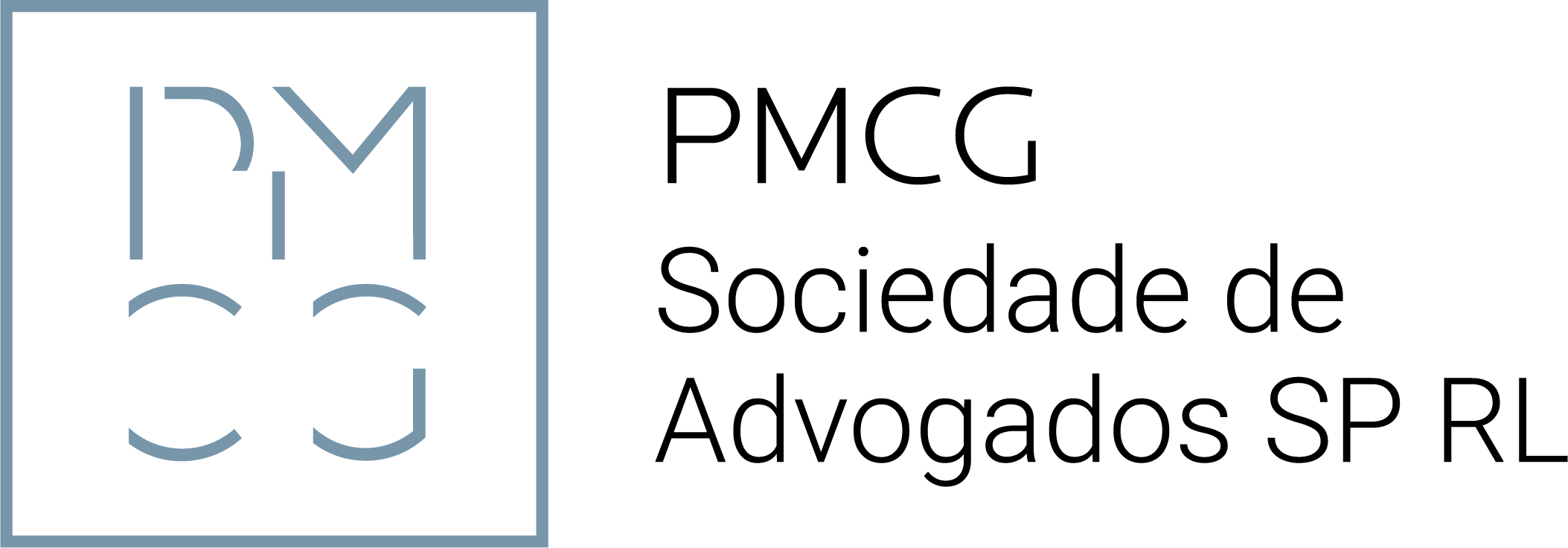What to look for while setting up your bussiness in Portugal?
1. First, you need to choose which business you want to start-up and with who!
Besides the unusual EU legal formats, such as the Societas Europaea (SE) or the European economic interest grouping (EEIG), which must have members in at least two member States, the main Portuguese business entity formats are as follows.
- Sociedade por quotas (Lda)
The “Sociedade por quotas” (Lda) is by far the most common type of business entity. This is a private limited liability company having the share capital divided into quotas” of at least 1 euro each. There is no minimum capital requirement, but it must have a minimum of 2 quota holders. The transfer of quotas is subject to registration with the Commercial Registry. A Lda may at any time elect to “upgrade” to a S.A. Should a Lda have a sole quota holder for more than one year, it must “downgrade” to a Unipessoal Lda.
- Sole trader and independent professional
A sole trader or independent professional may choose among one of three business entity formats: the Unipessoal Lda, which is essentially an Lda having a single quota holder; the Estabelecimento Individual de Responsabilidade Limitada (EIRL), which is a sole proprietorship in which the liability of the proprietor is limited to the assets allocated to the business; and the sole trader or independent professional having unlimited liability.
- Sociedade Anónima (SA)
The Sociedade Anónima (SA) is the second most popular legal format. It is a corporation/public limited company with a minimum capital of €50.000, at least 30% of which must be paid up on incorporation. Capital is represented by freely transferable shares, which may be issued to the bearer, and, except where the founder is a non-resident company, there must be an initial number of shareholders of not less than 5. The SA is the most demanding entity in terms of regulatory compliance and, irrespective of size, its accounts must be audited annually by a certified auditor (Revisor Oficial de Contas), a requirement that only applies to other business entities in case they exceed a certain size or have a regulated activity (e.g. financial). The adoption of this format is compulsory for a company intending to be listed on the stock exchange.
Where a Lda. or a SA is essentially a holding company, subject to applicable regulations it may adopt the additional legal status of a regulated holding company, called Sociedade Gestora de Participações Sociais (SGPS). The advantages of this legal status lie essentially in the tax benefits it confers.
Despite that, there are another Portuguese business entity format, such as:
- Partnership
Partnerships may take on the format of a general partnership with unlimited liability of all members (Sociedade em Nome Colectivo), which is tax transparent; or of a partly limited partnership, either having no share capital (Sociedade em Comandita) or having a share capital (Sociedade em Comandita por Acções), which must have at least one unlimited partner (the general partner, called sócio comanditado, who contributes goods or services and takes on the management) and one or more limited partners (sócios comanditários), who contribute capital and have no management responsibilities. Another form of limited partnership is the Associação em Participação, an agreement (not subject to registration) under which a general partner (Associante) takes on the partnership management and has unlimited liability, and the limited partners (Associados) contribute capital, are entitled to profits and may or may not assume responsibility for losses, in accordance with the agreement. Certain professions, such as lawyers and certified auditors, may adopt profession -specific, tax-transparent, forms of partnership.
- Joint ventures
Joint ventures generally take on the form of either a consortium, which may have limited liability subject to certain legal requirements, or of an economic interest grouping (Associação Complementar de Empresas or ACE), which has unlimited liability.
- Cooperative
Another form of association is the cooperative, an independent legal entity having limited liability, which may be freely established and whose aim must consist in meeting the economic, social or cultural needs of its members and not to seek profit for itself.
2. Then, you must choose your company name!
The usual company name format in Portugal is “[NAME] – [Business Activity], [Extension]”, but the business activity component is now optional, and many newly incorporated companies are dropping it. As regards the extension, a quota company must end its name with Lda and a SA with SA. If the quota company has a single quota holder, then the name must end with “Unipessoal, Lda”. In the event you do not have a preferred name, a ” pre-approved name” will be adopted. This is a fantasy name from a list that is put together and regularly updated by the company register y office, from which anyone can choose a company name that will not be challenged for being confusable. Names on this list cannot be reserved and will be allocated on a first-come, first-served basis. If a specific name is to be adopted, you can either adopt the name(s) of the main shareholder(s) or a fantasy name of your choice. In the latter case you should provide at least 3 alternative names, as the registrar must ensure that it shall be unique and not confusable with an existing company name. The name may be any name in any language, but it must in the Roman alphabet and must not be misleading, contain sensitive words, or suggest an activity subject to special authorisation (e.g. financial). The name of a branch shall be the name of the parent entity followed by the word “Sucursal” or another Portuguese expression to the same effect.
3. Choose the company specific scope of bussiness , for example:
- Import, export and marketing of goods;
- Business and marketing consulting;
- Resale of properties…
4. Choose the location of the company main registered office
5. Choose the initial stock capital, and the share issued capital ammount.
CONTACT US to help you with the company’s incorporation, company by laws, shareholders agreement and to take care of all the red tape.





